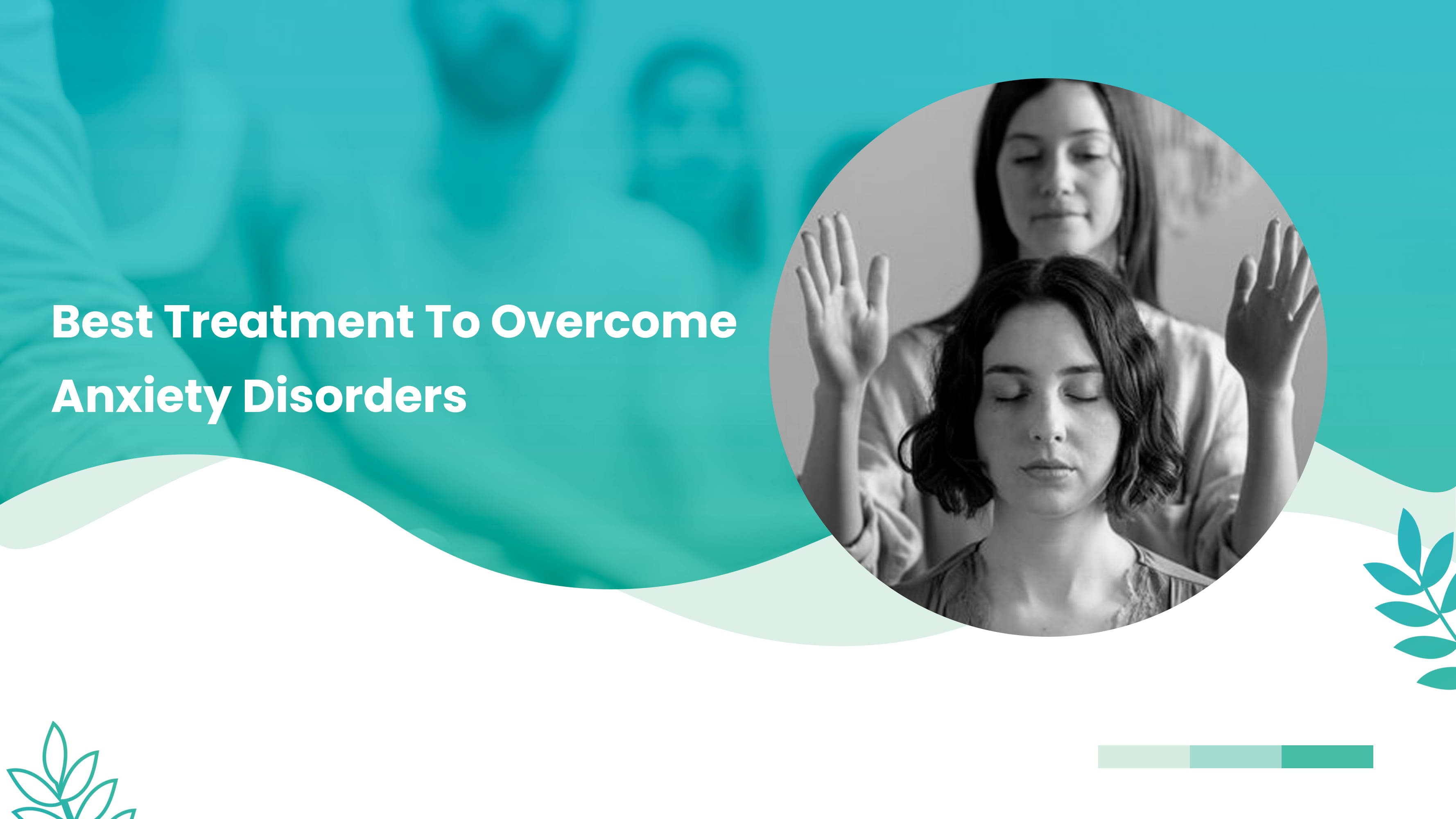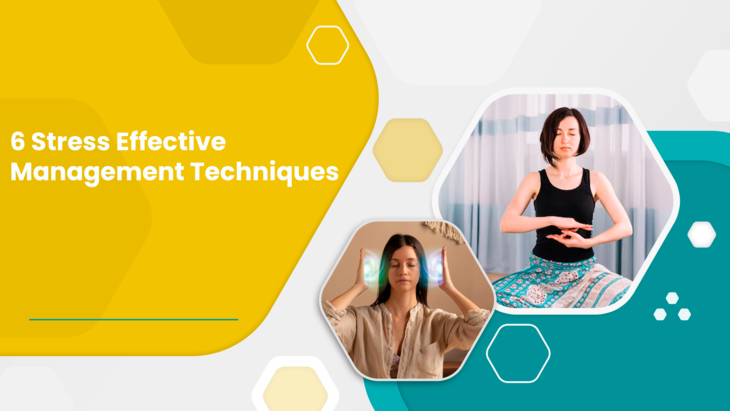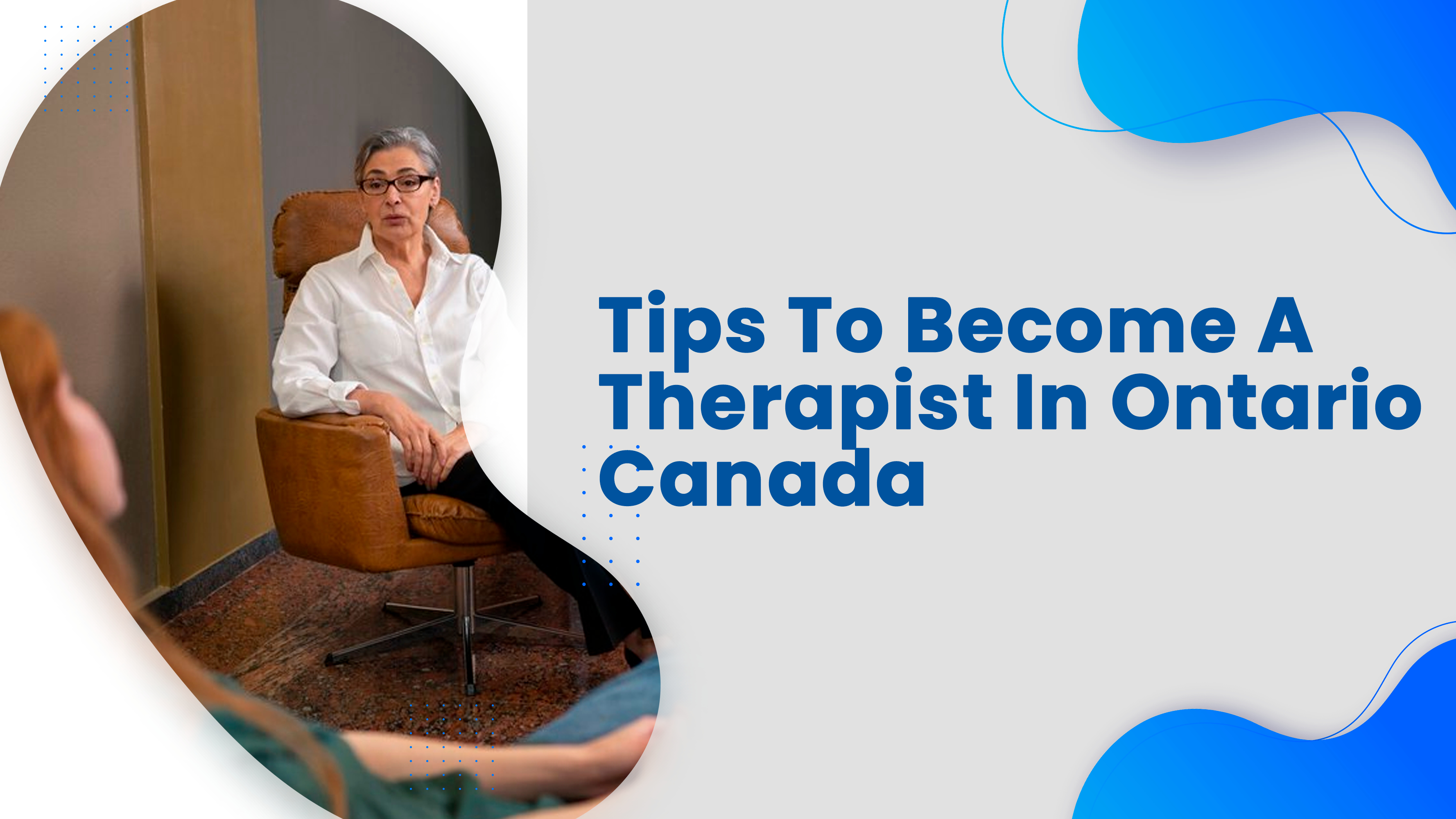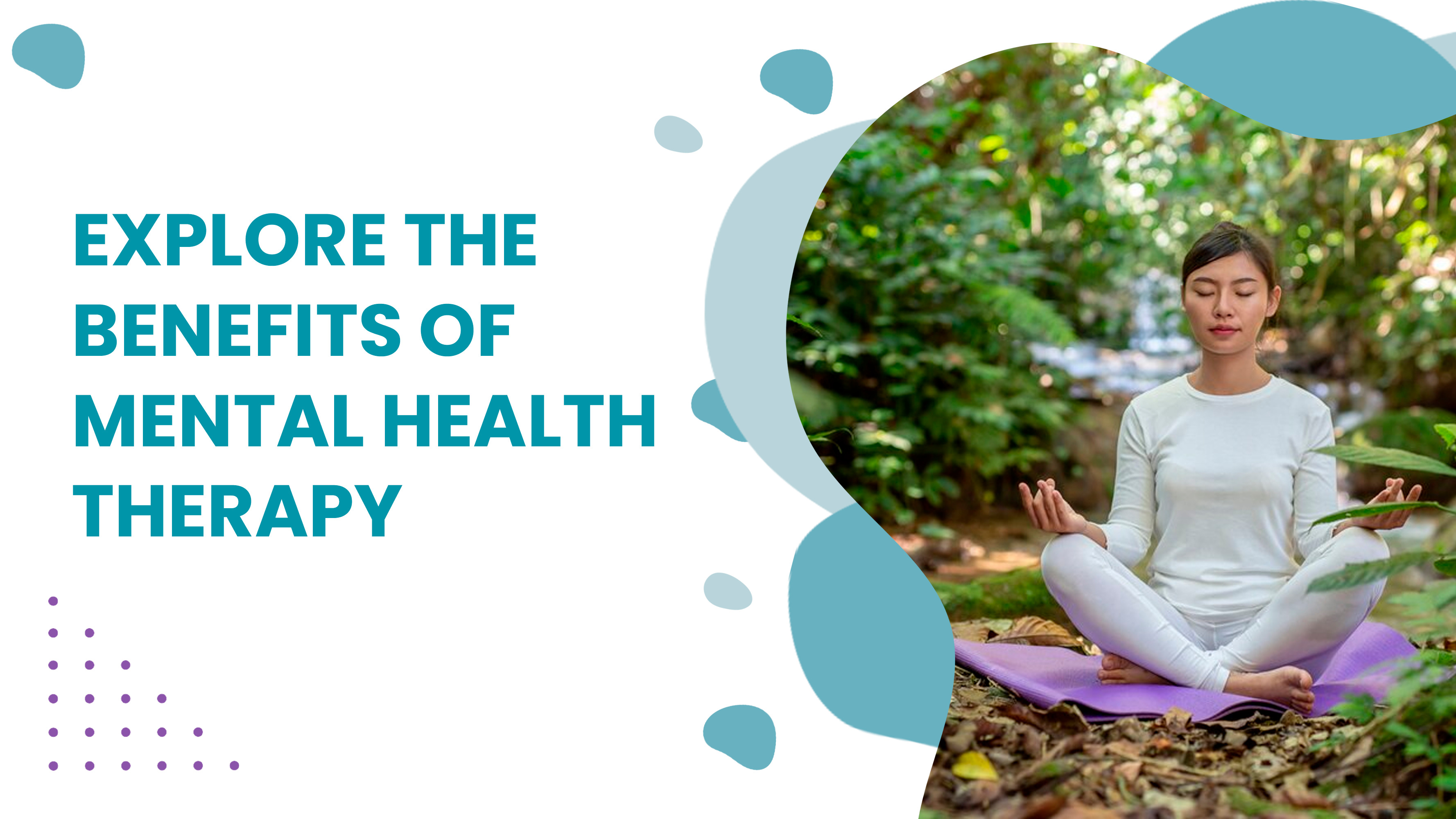Living with anxiety can feel like navigating a never-ending storm, with each day bringing new challenges and uncertainties. From racing thoughts to physical symptoms like rapid heartbeat and sweating, anxiety can significantly impact your quality of life. Fortunately, you don't have to face it alone. By understanding the best treatments for anxiety, you can embark on a journey towards healing and resilience.
Conquering Anxiety: Effective Treatments For A Peaceful Mind
Understanding Anxiety
Anxiety is more than just feeling stressed or worried it's a complex mental health condition characterized by excessive fear or apprehension. It can manifest in various forms, including generalized anxiety disorder (GAD), social anxiety disorder, panic disorder, and phobias. While occasional anxiety is a normal part of life, persistent and overwhelming anxiety can interfere with daily functioning and overall well-being.
Recognizing the Symptoms
Symptoms of anxiety can vary widely from person to person but may include:
-
Persistent worry or rumination
-
Irritability
-
Restlessness
-
Fatigue
-
Difficulty concentrating
-
Muscle tension
-
Insomnia
-
Panic attacks
It's essential to recognize these symptoms and seek help if you're experiencing them regularly.
Seeking Professional Help
If you're struggling with anxiety, it's crucial to seek professional help. A qualified mental health professional, such as a therapist or psychiatrist, can provide personalized treatment options tailored to your needs. Therapy, medication, or a combination of both may be recommended depending on the severity of your symptoms.
Therapy Options
Cognitive-Behavioral Therapy (CBT): CBT is a highly effective form of therapy for treating anxiety. It helps individuals identify and challenge negative thought patterns and develop coping strategies to manage anxiety.
Exposure Therapy: This approach involves gradually exposing individuals to feared situations or objects, helping them confront their fears and reduce anxiety over time.
Mindfulness-Based Therapies: Practices like mindfulness meditation and yoga can help individuals cultivate present-moment awareness and reduce stress and anxiety.
Lifestyle Changes for Anxiety Management
In addition to therapy and medication, lifestyle changes can play a significant role in managing anxiety. Simple habits and practices can promote relaxation and overall well-being, including:
Regular Exercise: Physical activity has been shown to reduce anxiety and improve mood by releasing endorphins, the body's natural stress relievers.
Healthy Diet: Eating a balanced diet rich in fruits, vegetables, lean proteins, and whole grains can support mental health and reduce anxiety.
Adequate Sleep: Prioritize quality sleep by establishing a consistent sleep schedule and creating a relaxing bedtime routine.
Stress Management Techniques: Explore stress-reduction techniques such as deep breathing, progressive muscle relaxation, and visualization exercises.
The Role of Medication
For some individuals, medication may be necessary to manage anxiety symptoms effectively. Antidepressants and anti-anxiety medications can help alleviate symptoms and improve overall functioning. It's essential to work closely with a healthcare provider to find the right medication and dosage for your needs, as well as to monitor for any potential side effects.
Alternative Therapies and Self-Help Strategies
In addition to traditional treatments, several alternative therapies and self-help strategies may complement your anxiety management plan
Herbal Supplements: Certain herbs like lavender, chamomile, and valerian root are believed to have calming properties and may help reduce anxiety.
Acupuncture: This ancient Chinese practice involves inserting thin needles into specific points on the body to restore balance and promote relaxation.
Breathing Exercises: Deep breathing exercises can help calm the nervous system and reduce anxiety symptoms in moments of stress.
Journaling: Writing down your thoughts and feelings can provide clarity and perspective, helping you better understand and manage your anxiety.
Overcoming Anxiety: A Personal Journey
While overcoming anxiety is not easy, it is possible with determination, support, and the right treatment approach. Remember that healing is a journey, and progress may come in small steps. By prioritizing self-care, seeking professional help, and exploring various treatment options, you can reclaim control of your life and experience a newfound sense of peace and fulfillment.
Certainly! Here's the continuation:
Anxiety is a formidable opponent, but with the right support and strategies, it can be managed effectively. Remember, progress may not always be linear, and setbacks are a natural part of the journey. Be patient with yourself, practice self-compassion, and celebrate even the smallest victories along the way.
Embracing a Positive Mindset
Maintaining a positive mindset can be a powerful tool in your arsenal against anxiety. Instead of dwelling on worst-case scenarios or past failures, focus on the present moment and what you can control. Cultivate gratitude by acknowledging the good things in your life, no matter how small, and practice self-affirmations to boost your confidence and self-esteem.
Building a Support Network
Surrounding yourself with a supportive network of friends, family, and professionals can make a world of difference in your journey to overcome anxiety. Don't hesitate to lean on your loved ones for encouragement, understanding, and practical help when needed. Support groups or online communities can also provide a sense of belonging and validation.
Setting Realistic Goals
Setting realistic goals can help you stay motivated and focused on your recovery. Break larger goals into smaller, manageable steps, and celebrate each milestone along the way. Remember that progress takes time, and setbacks are opportunities for growth and learning.
Practicing Self-Care & Yoga
Self-care is essential for maintaining mental and emotional well-being, especially when dealing with anxiety. Make time for activities that bring you joy and relaxation, whether it's reading a book, taking a nature walk, Yoga or indulging in a hobby. Prioritize self-care rituals like meditation, bubble baths, or listening to soothing music to recharge your batteries and reduce stress.
Seeking Professional Support
If anxiety is significantly impacting your daily life or relationships, don't hesitate to seek professional support. A licensed therapist or counselor can provide invaluable guidance, tools, and techniques to help you manage your anxiety more effectively. Remember, asking for help is a sign of strength, not weakness.
FAQs (Frequently Asked Questions)
What are the main types of anxiety disorders?
The main types of anxiety disorders include generalized anxiety disorder (GAD), social anxiety disorder, panic disorder, and specific phobias. Each type has its own set of symptoms and treatment approaches.
Can anxiety be cured completely?
While anxiety disorders can be effectively managed with treatment, there is no one-size-fits-all cure. However, many people experience significant improvement in their symptoms and quality of life with therapy, medication, and lifestyle changes.
How can I support a loved one struggling with anxiety?
Supporting a loved one with anxiety involves offering empathy, validation, and practical assistance. Encourage them to seek professional help, listen without judgment, and be patient and understanding as they navigate their journey.
Are there any natural remedies for anxiety?
Several natural remedies, such as herbal supplements, aromatherapy, and relaxation techniques, may help alleviate anxiety symptoms. However, it's essential to consult with a healthcare professional before trying any new treatment approach.
What role does exercise play in managing anxiety?
Regular exercise has been shown to reduce anxiety and improve mood by releasing endorphins, the body's natural stress relievers. Incorporating physical activity into your daily routine can promote relaxation and overall well-being.
Is it normal to feel anxious sometimes?
Yes, it's normal to experience occasional feelings of anxiety in response to stressful situations or life changes. However, if anxiety becomes persistent or overwhelming and interferes with daily functioning, it may be a sign of an anxiety disorder that warrants professional attention.
Conclusion
Anxiety may feel overwhelming at times, but it doesn't have to define you. By embracing effective treatments, adopting healthy coping strategies, and seeking support from loved ones and professionals, you can overcome anxiety and reclaim control of your life. Remember, you are stronger and more resilient than you realize. Take the first step towards healing today, and know that brighter days lie ahead. Anxiety doesn't have to dictate your life. With the right treatment and support, you can overcome anxiety and thrive. Remember, you're not alone on this journey. Reach out for help, prioritize self-care, and believe in your ability to conquer anxiety and live a fulfilling life.






Leave a reply